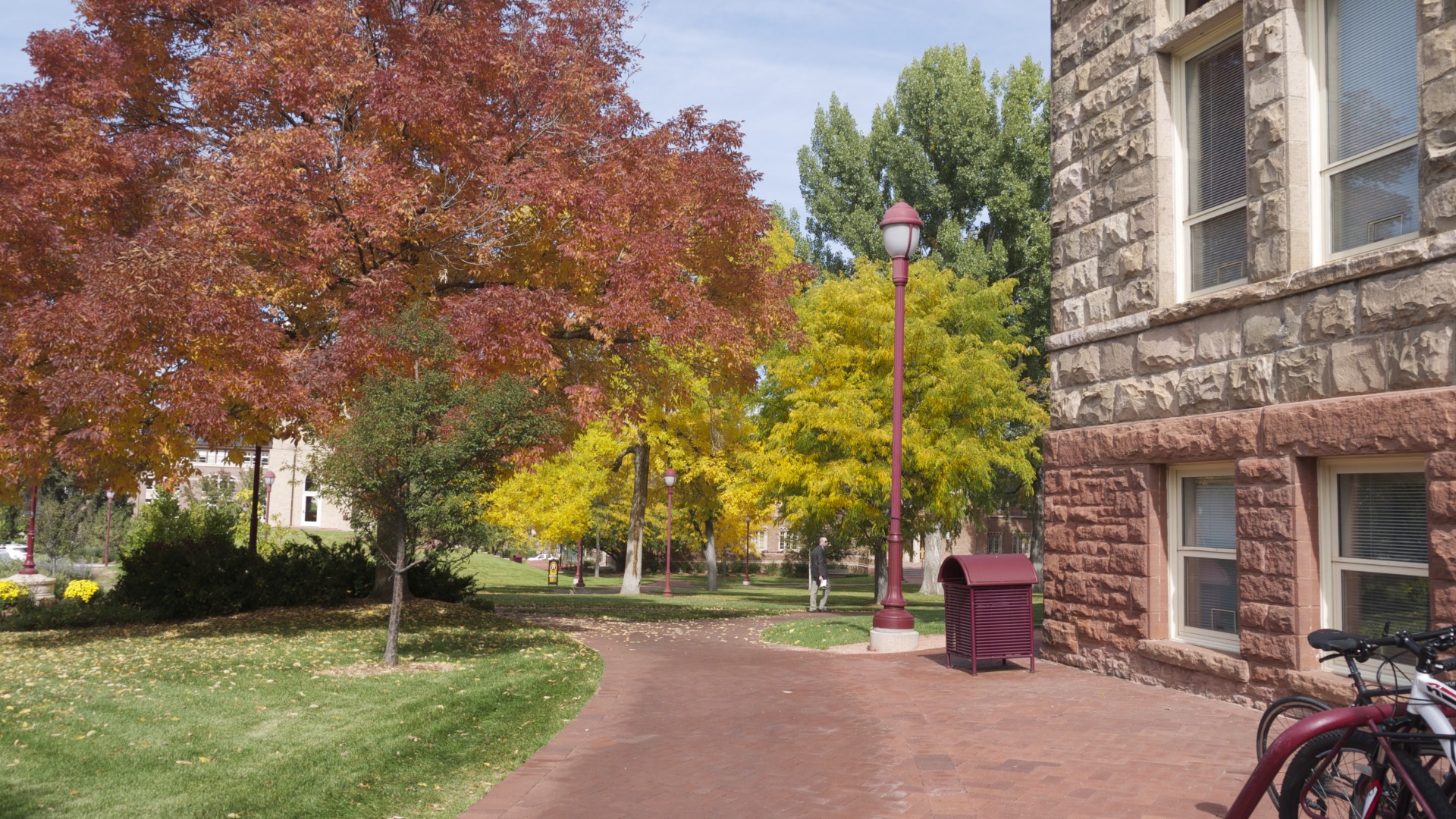To my fellow Pioneers,
The election is approaching, and before you drop off your ballot or go to the polling station at Centennial Towers, there is one issue I ask you to consider: higher education. Higher education and student debt must be a central concern for our generation in this election. Nationally, tuition and fees for four-year and two-year institutions have risen by 28 percent since 2008, according to the Center on Budget and Policy Priorities. Additionally, US News reports that states spend on average 21 percent less per student than before the Great Recession. This decline in public support has further shifted the burden of paying for school onto students and families, and now students graduate with an average of over $30,000 dollars in debt, as found by the Institute for College Success and Access. In addition to decreasing state support, federal programs designed to support low-income students have lost their purchasing power. One example is the federal Pell Grant program, which previously covered 77 percent of the cost to attend a four-year public college but covers less than 30 percent today (Washington Post).
College affordability is an issue on our campus. Many of us filled out the FAFSA hoping to receive help in covering the cost of attending a private university, and financial aid has benefited 85 percent of DU students, as reported by the Bursar. DU is no exception to annual rising costs, and in the 2012-2013 academic year, tuition was $38,232. For this academic year, tuition will be $45,288, while housing and meal plan costs have also increased significantly. A college degree is becoming increasingly inaccessible.
The bottom line is that college is getting even more expensive. Our generation is graduating with more student debt than any generation before us. This will have financial ramifications far into our adult lives. We need our legislators to see the challenges we face and engage in tangible policy solutions. The FAFSA, an incredibly complex application with over 100 questions, should be simplified. Federal Pell Grants should be expanded and not curtailed.
Student loan repayment plans and options should be clearer to struggling students. According to Reuters, of 43 million federal student loan borrowers, 7 million are in default. Even though there are opportunities for income-based loan repayment, many borrowers do not qualify or are not aware of this option. Additionally, according to the Washington Post, refinancing federal loans could allow more than 25 million borrowers to save more than $2,000 over the course of their loans.
I ask you to vote on higher education. Consider it in every box that you check by researching each candidate’s stance on loan repayment, Pell Grants, state investment and beyond.
Best,
Olivia Storz, second year International Studies and Spanish major











